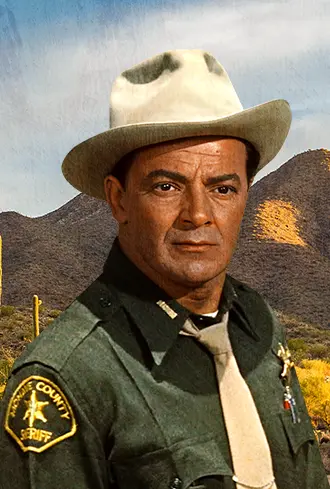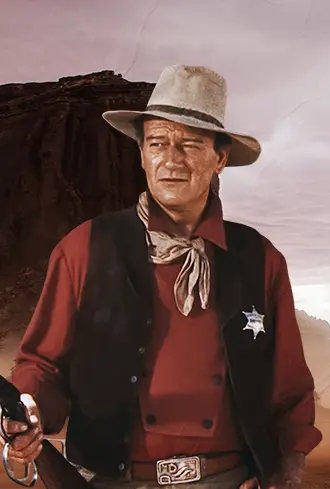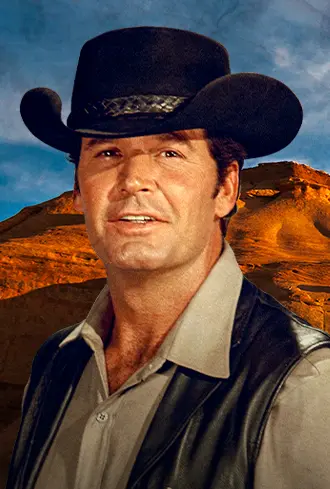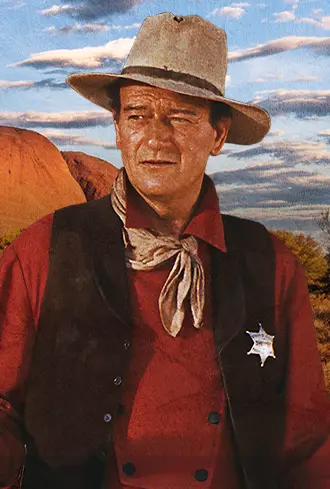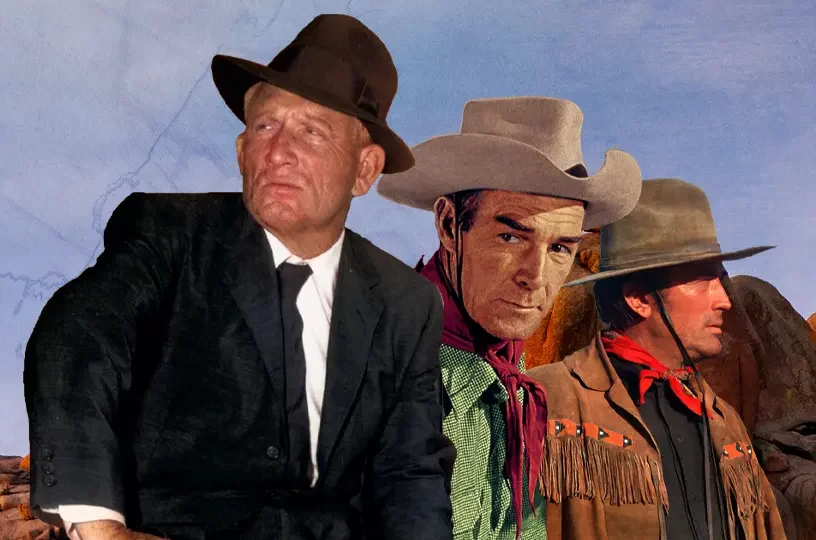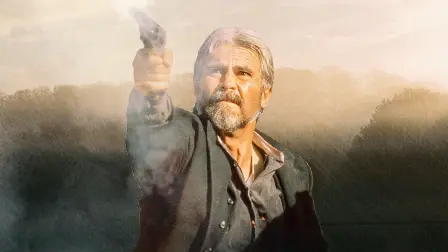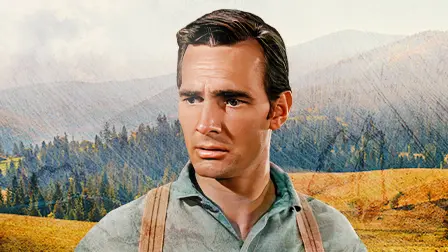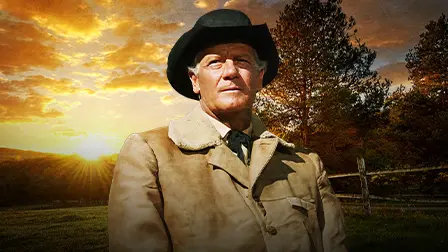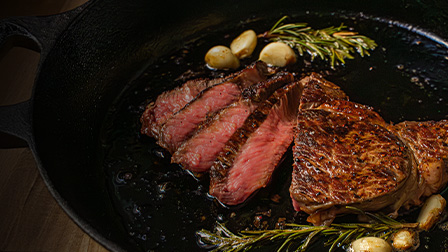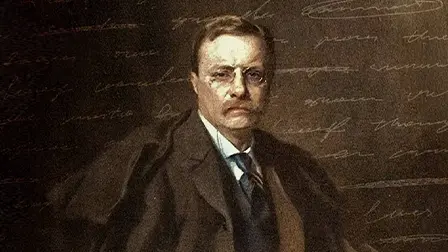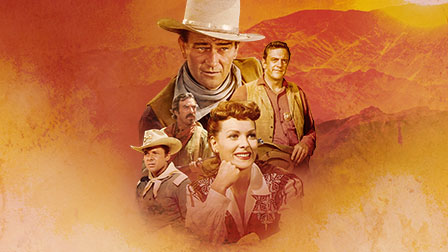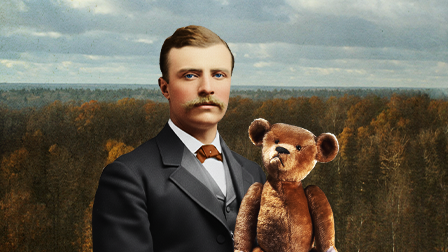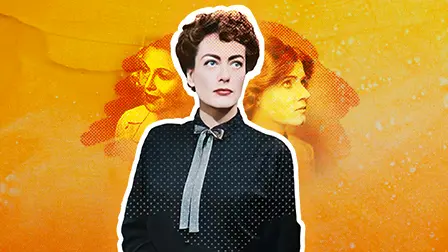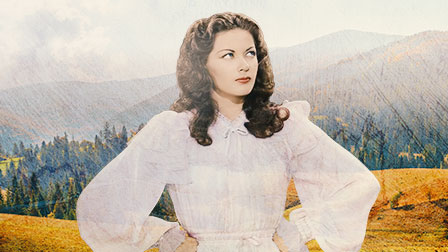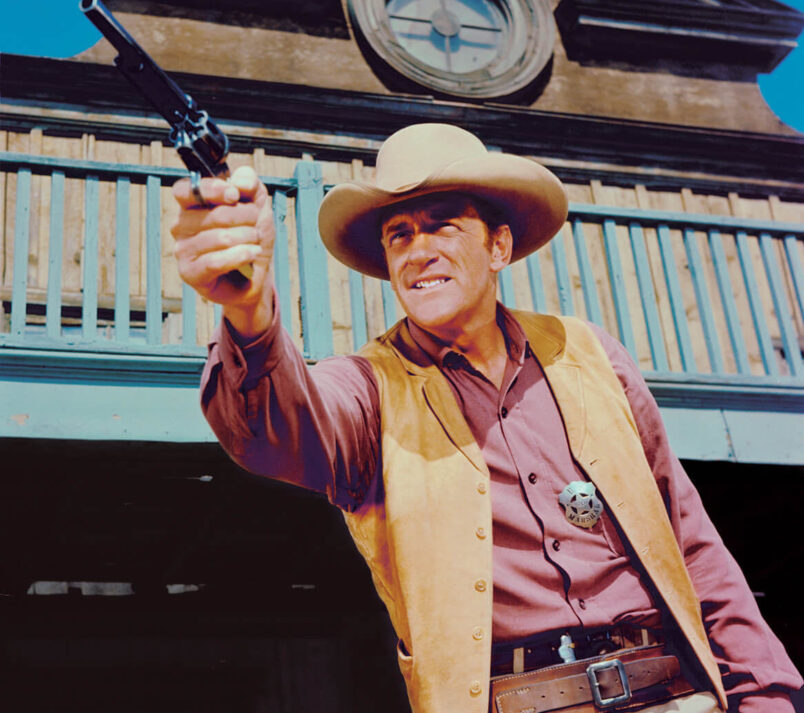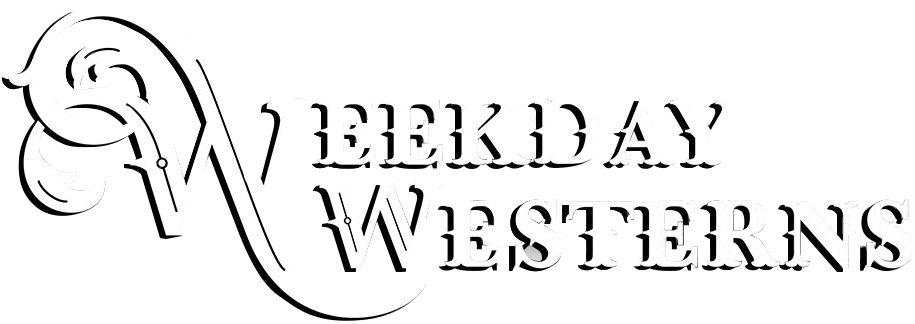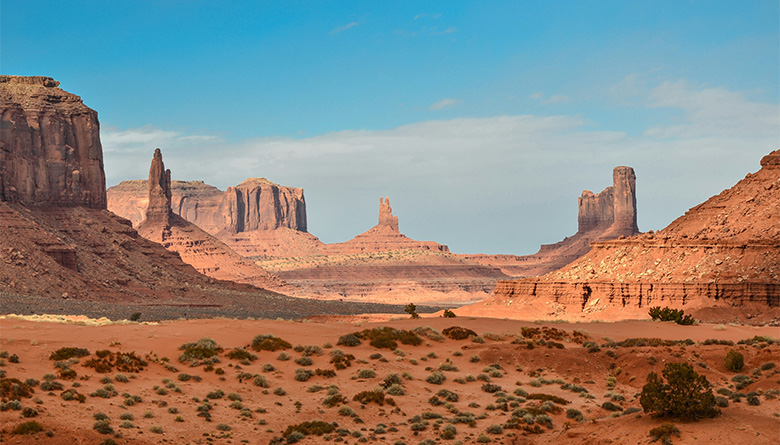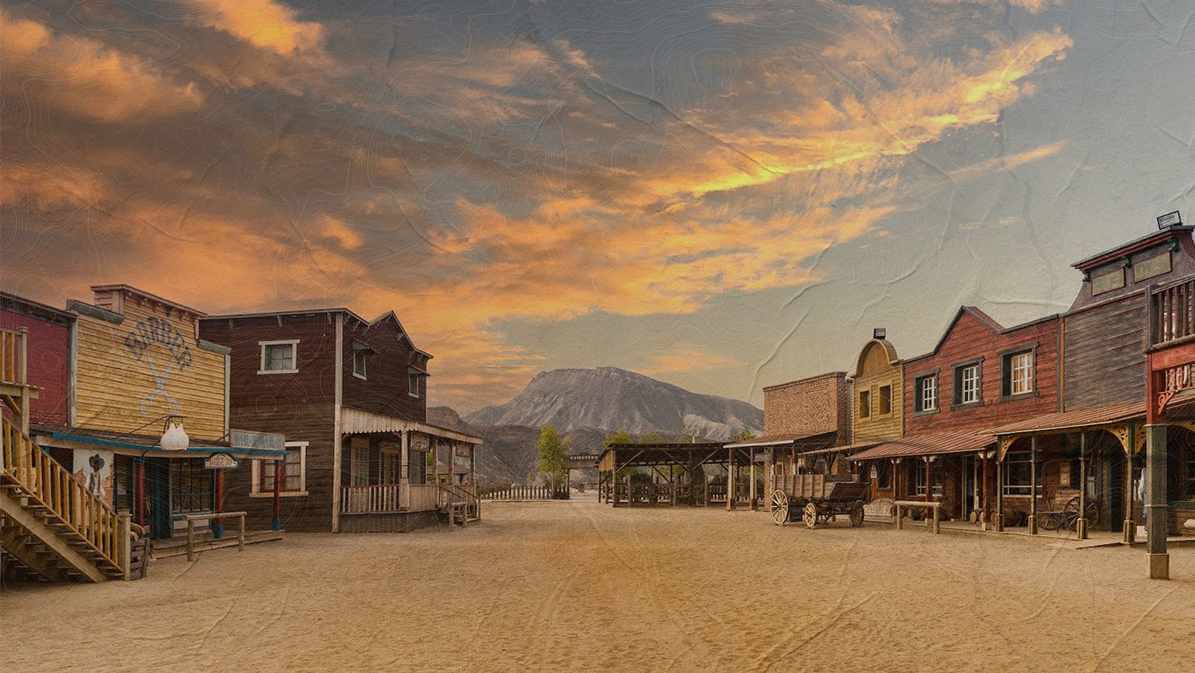The Roles That Got Away
By Henry C. Parke
There has never been an actor, no matter how important, popular, or talented, who hasn’t been disappointed to lose a part they really wanted. Were they too short or too old or not attractive enough? Were they just not right for the part, or did their agent ask for too much money? One can’t help wondering what a given film would be like if a different decision was made.
Sometimes what works on the page does not work on the screen. When, in 1935, the first film was to be made from Clarence Mulford’s popular Hopalong Cassidy novels, the books described Hoppy as a limping, foul-mouthed, brawling cowhand. Lewis Stone, a 56-year-old-and-fading silent movie star, was thrilled to be cast. But producer Harry Sherman had a different vision: he remade Hoppy as a well-spoken, suave, handsome cowboy who dressed in black and cast William Boyd in the role. Boyd would do so well as Hoppy that he would star in 66 movies, and 40 TV episodes, and never play another role for the rest of his life. But don’t worry about Stone. He would achieve screen immortality as Mickey Rooney’s wise father in the Hardy Family films.
 When The Big Trail was a box-office flop in the 1930s, young leading man John Wayne was lucky to get work doing B-Westerns at Monogram and Republic. Nine years and 60 movies later, he was sailing on mentor John Ford’s yacht when the director handed him a script called Stagecoach to read. Ford asked who Wayne thought should play The Ringo Kid. “How about Lloyd Nolan?” The director exploded, “You dumb @#$%&%, it was written for you!” Nolan never had a chance.
When The Big Trail was a box-office flop in the 1930s, young leading man John Wayne was lucky to get work doing B-Westerns at Monogram and Republic. Nine years and 60 movies later, he was sailing on mentor John Ford’s yacht when the director handed him a script called Stagecoach to read. Ford asked who Wayne thought should play The Ringo Kid. “How about Lloyd Nolan?” The director exploded, “You dumb @#$%&%, it was written for you!” Nolan never had a chance.
Even when Wayne became a tremendous star, he didn’t always get his way. He once berated screenwriter William Bowers for making The Gunfighter not with Wayne, but “that &^%$ Democrat,” Gregory Peck. Wayne had mixed feelings about High Noon. He was the first actor offered the part of Will Kane, but he turned it down. Though he would often denounce the film as un-American, when Gary Cooper couldn’t be there to accept his Oscar, Wayne did, giving a charming and funny speech that included, “I'm gonna go back ... and find out why I didn't get High Noon instead of Cooper.” Of course, Wayne often got parts that other actors wanted. The lead characters in both The Cowboys and The Shootist were originally written for George C. Scott.
Joel McCrea was selective in his roles once he became a star. His grandson Wyatt McCrea remembers, “They wanted him to play Will in The Story of Will Rogers, but he suggested Will Rogers Jr., who ended up playing the role. He said, ‘I could never sound or look as close as he does.’” Other roles he turned down for moral reasons; John Garfield’s lead in The Postman Always Rings Twice, as a man who helps his girlfriend (Lana Turner) murder her husband; and John Wayne’s role in DeMille’s Reap the Wild Wind, about shipwreckers. “When they asked him why he turned them down, he said, ‘Because I have young kids. I just wouldn't feel right about playing a character like that and having my kids see it later on.’”
 But early in his career, he couldn’t be too picky, or appear difficult. Cast in a British high society film, Our Betters, opposite Constance Bennett, directed by George Cukor, he looked to friend Gary Cooper for advice. “I can no more see myself doing that than the man in the moon. How can I get out of this?” Cooper told him, “Go in there and play it like you just came off the farm. Like you have no idea what you're doing.” By the second day, Cukor was begging the production company to replace McCrea. At McCrea’s suggestion, they hired Charles Starrett who, like McCrea, would give up the drawing room for Westerns, becoming famous as The Durango Kid.
But early in his career, he couldn’t be too picky, or appear difficult. Cast in a British high society film, Our Betters, opposite Constance Bennett, directed by George Cukor, he looked to friend Gary Cooper for advice. “I can no more see myself doing that than the man in the moon. How can I get out of this?” Cooper told him, “Go in there and play it like you just came off the farm. Like you have no idea what you're doing.” By the second day, Cukor was begging the production company to replace McCrea. At McCrea’s suggestion, they hired Charles Starrett who, like McCrea, would give up the drawing room for Westerns, becoming famous as The Durango Kid.
In 1938, nearly every actress in Hollywood auditioned for Scarlett O’Hara in Gone with the Wind. While everyone who was turned down was disappointed, Tallulah Bankhead was furious, when she was offered the role of Madame Belle Watling instead.
When the producers of Steinbeck’s Cannery Row announced that Raquel Welch would play Suzy, she was a beautiful 42, but clearly too old for the teenage character. MGM raised the film’s budget using her name, then fired her, claiming she was unprofessional—making her unemployable—casting the more age-appropriate Debra Winger.
Fantastic Voyage producer Saul David testified on Welch’s behalf when she sued MGM and was awarded $10,000,000. David remembered a similar scam, when a film was announced on the life of Aaron Burr (the Vice President who killed Alexander Hamilton in a duel), to star Charles Bronson. David refused to get involved, because it was dishonest, and because he didn’t want to be there when Bronson realized that they were just raising money on his name.
 Bronson did in fact turn down a role that led to an Oscar for the man who played the part. When Billy Crystal was planning City Slickers, he writes, “Jack Palance was our only choice [for Curly]. The first movie I had ever seen was Shane, where Jack played Wilson, the bad guy who got it in the end. I never forgot how scary he was.” Palance loved the script, but he had a scheduling conflict. Crystal offered the role to the equally scary Bronson. To his astonishment, after reading the script, Bronson responded with an expletive. “I’m dead on page 64! How dare you send me this! ... I don’t die in my films!” That’s when Palance decided to blow off the other film and do City Slickers.
Bronson did in fact turn down a role that led to an Oscar for the man who played the part. When Billy Crystal was planning City Slickers, he writes, “Jack Palance was our only choice [for Curly]. The first movie I had ever seen was Shane, where Jack played Wilson, the bad guy who got it in the end. I never forgot how scary he was.” Palance loved the script, but he had a scheduling conflict. Crystal offered the role to the equally scary Bronson. To his astonishment, after reading the script, Bronson responded with an expletive. “I’m dead on page 64! How dare you send me this! ... I don’t die in my films!” That’s when Palance decided to blow off the other film and do City Slickers.
Undoubtedly, the best film role that singer Ricky Nelson ever had was as Colorado in Rio Bravo. But while Howard Hawks wanted a young singer, he didn’t want Nelson: he wanted Elvis. Although Presley would soon give an impressive performance in the underappreciated Western Flaming Star, he didn’t get Rio Bravo because of two demands by Elvis’s Svengali-like manager, Col. Tom Parker: too much money, and top billing, over John Wayne.
When Quentin Tarantino was making Once Upon a Time in Hollywood, he wanted Bruce Dern to play George Spahn, the blind and crippled owner of Spahn Ranch, the movie town where the Manson Family was squatting. They’d already done Django Unchained and Hateful Eight together, but this was different because Dern had known Sharon Tate. Dern demurred, and Burt Reynolds agreed to play Spahn. But when Reynolds died suddenly, Dern relented, giving one of the most memorable performances of the film.
About Henry C. Parke
Henry’s new book, The Greatest Westerns Ever Made, and the People Who Made Them, will be published by TwoDot in February 2024. The Brooklyn-born, L.A.-based writer has contributed articles to INSP since 2016, been Film Editor for True West since 2015, and has written Henry’s “Western Round-up,” the online report on Western film production, since 2010. His screenwriting credits include Speedtrap (1977) and Double Cross (1994). He’s the first writer welcomed into the Western Writers of America for his work in electronic media. He’s done audio commentary on nearly thirty Spaghetti and domestic Westerns.
Suggest a Correction
We strive for accuracy and fairness. But if you see something that doesn’t look right, click here to contact us!

